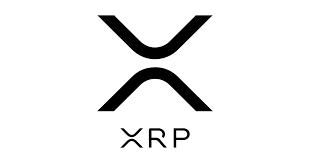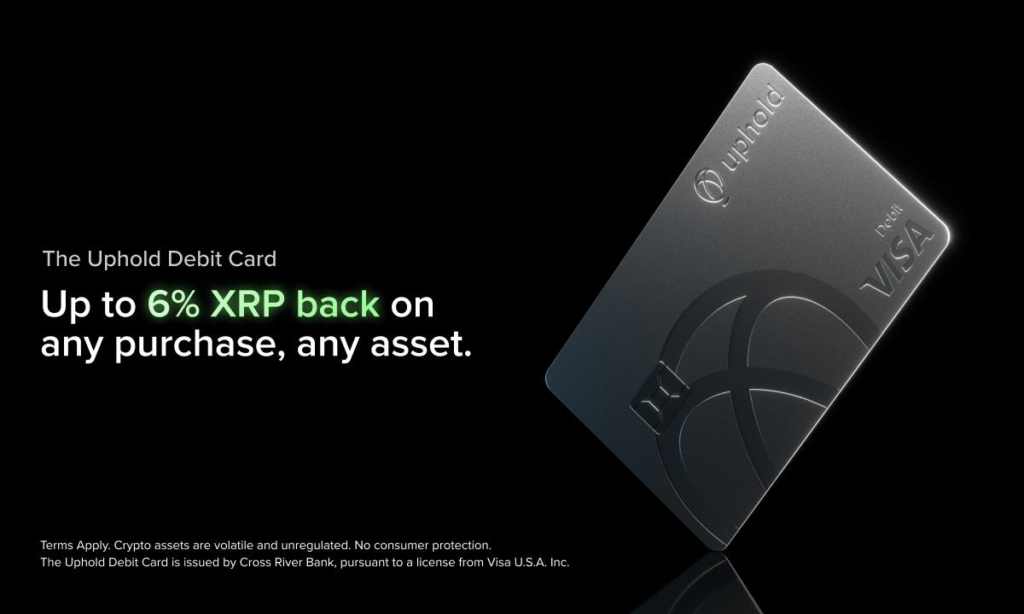Ripple Labs is intensifying its legal confrontation with the U.S. Securities and Exchange Commission (SEC) by filing a cross-appeal in the U.S. Court of Appeals for the Second Circuit.
This move challenges a previous ruling that deemed certain XRP sales to institutional investors as securities, while also responding to the SEC’s recent appeal against a favorable ruling for Ripple from earlier this year. This moment is pivotal in the ongoing struggle between Ripple and the regulatory body.
Stuart Alderoty, Ripple’s Chief Legal Officer, announced the appeal on social media, highlighting that this phase of the case will be more concentrated. The Appeals Court will only consider existing evidence, preventing the SEC from introducing new arguments or seeking additional information from Ripple.
Ripple is asking for a fresh examination of the case, particularly regarding whether XRP transactions fit the criteria for securities as defined by the Howey test.
The Howey test, established by a Supreme Court ruling in 1946, assesses whether a transaction is an investment contract based on factors like financial investment and profit expectations tied to the issuer’s efforts.
Ripple’s request for a new evaluation could significantly impact how these criteria are applied to cryptocurrencies, potentially altering regulatory practices in the industry.
Ripple’s filing also critiques the SEC’s ambiguous stance on applying securities laws to digital assets. The SEC has long argued that Ripple’s XRP sales should be classified as securities, insisting on compliance with federal regulations. However, Ripple’s challenge underscores the confusion surrounding regulatory guidelines, leaving many in the crypto space uncertain about compliance.
Previously, a court ruling determined that XRP sales to the general public were not securities, but it did classify early sales to institutional investors as unregistered securities, resulting in a hefty $125 million penalty for Ripple. By pursuing a fresh review, Ripple aims to overturn this penalty and reassess the classification of those initial sales.
The outcome of this cross-appeal could have significant ramifications for the broader cryptocurrency landscape. A ruling in favor of Ripple could limit the SEC’s authority over digital assets, granting more freedom to crypto companies. Conversely, a decision that supports the SEC could reinforce its power to enforce securities laws, emphasizing the necessity for regulatory compliance.



